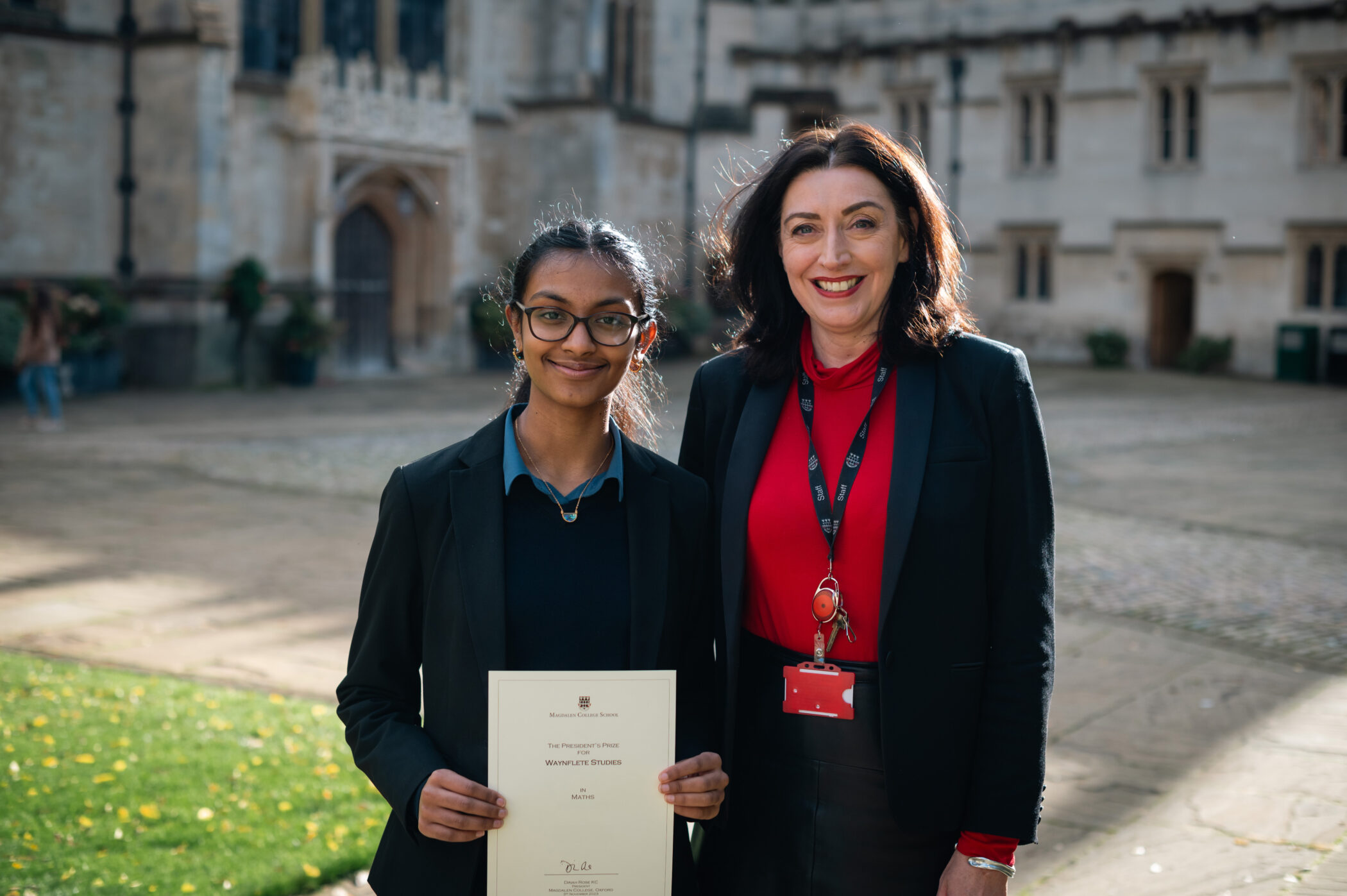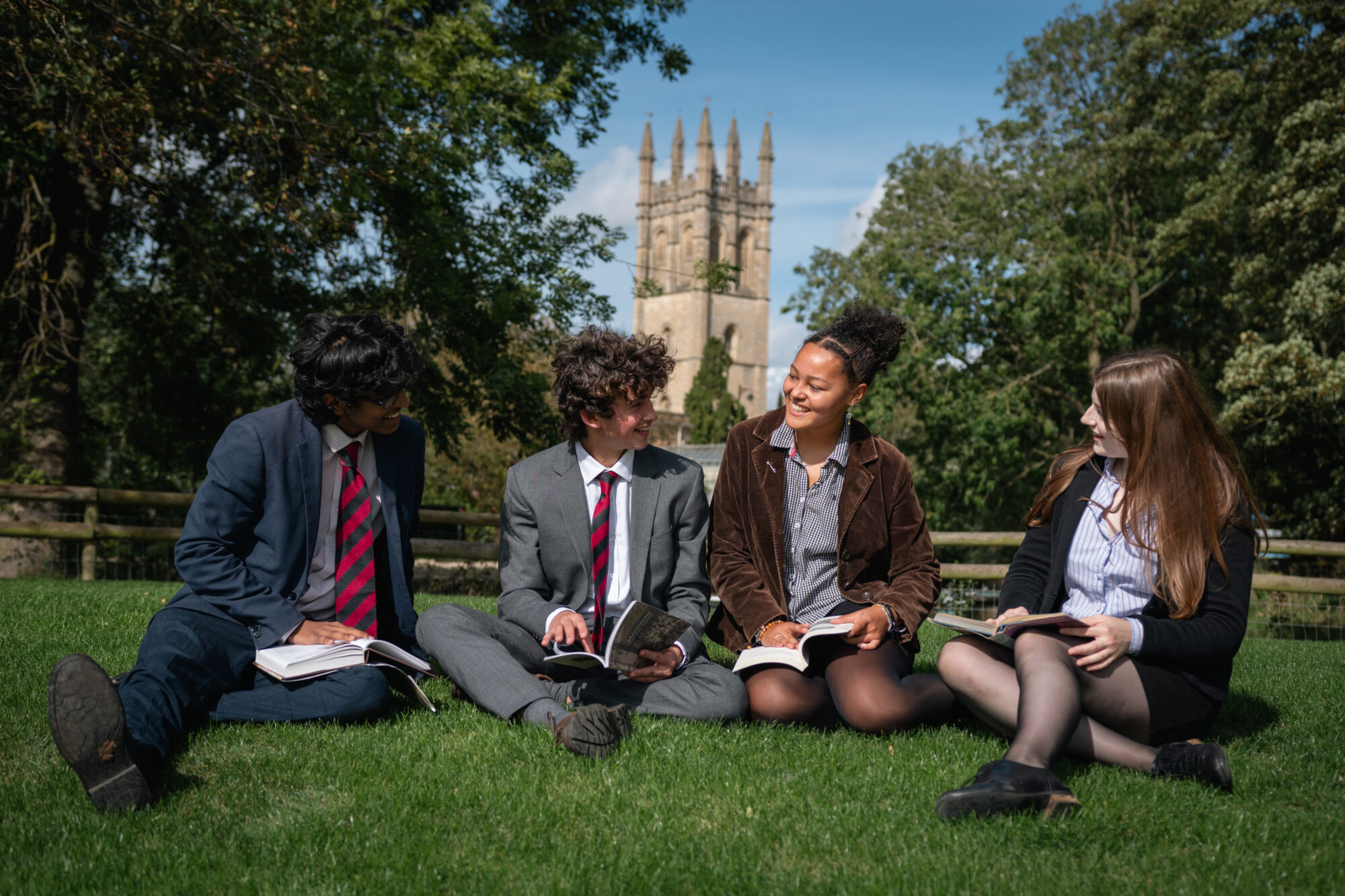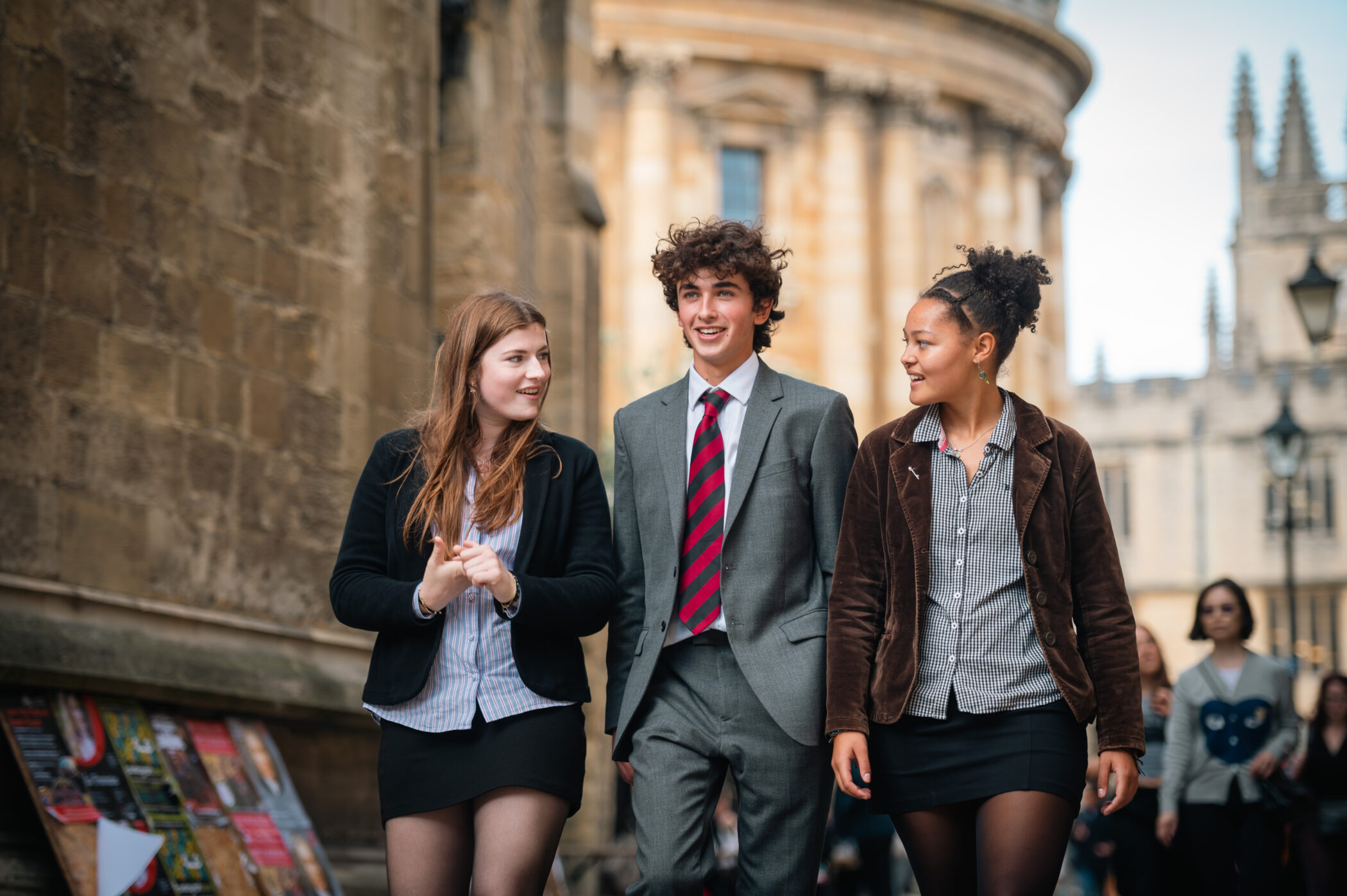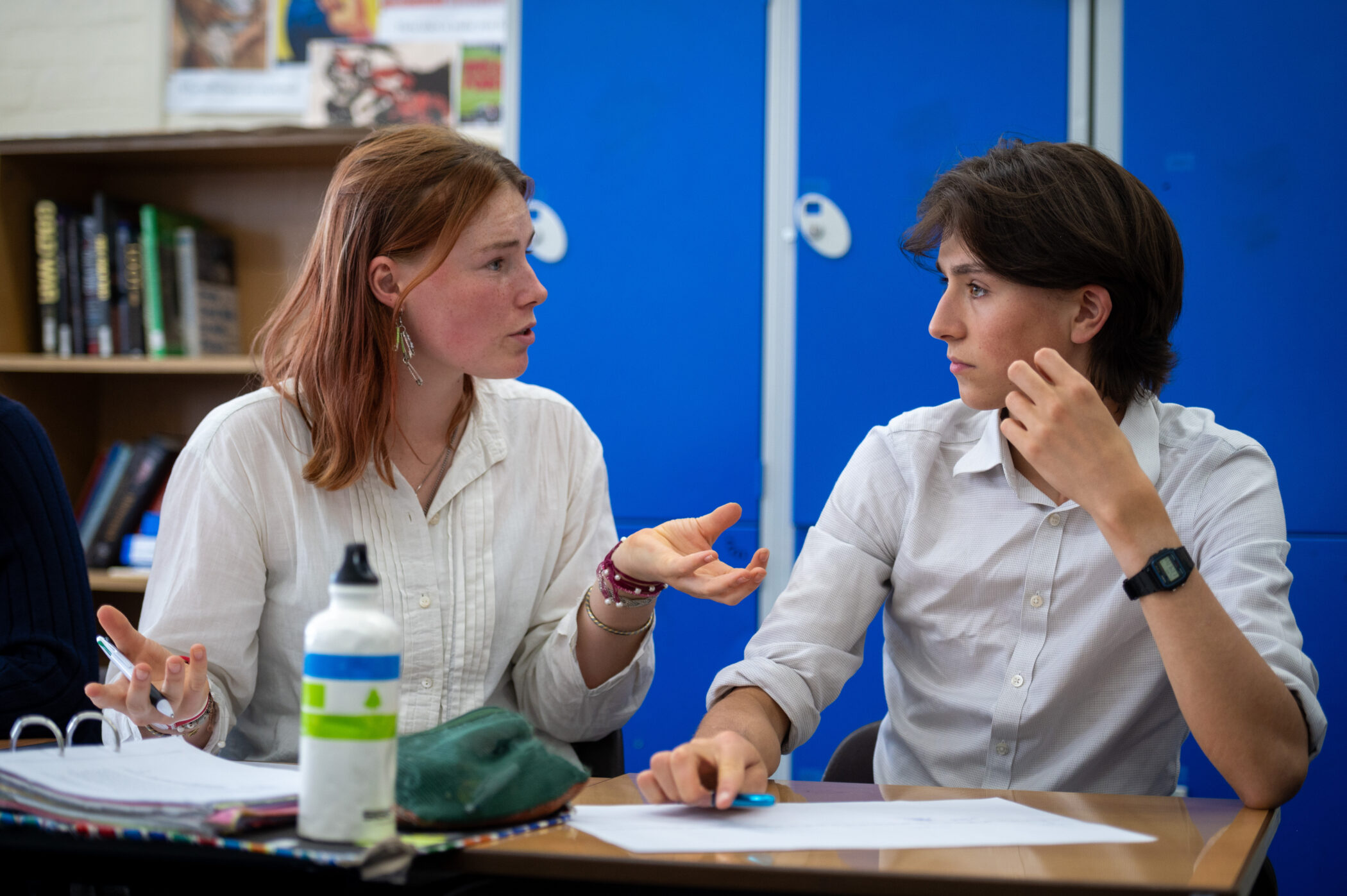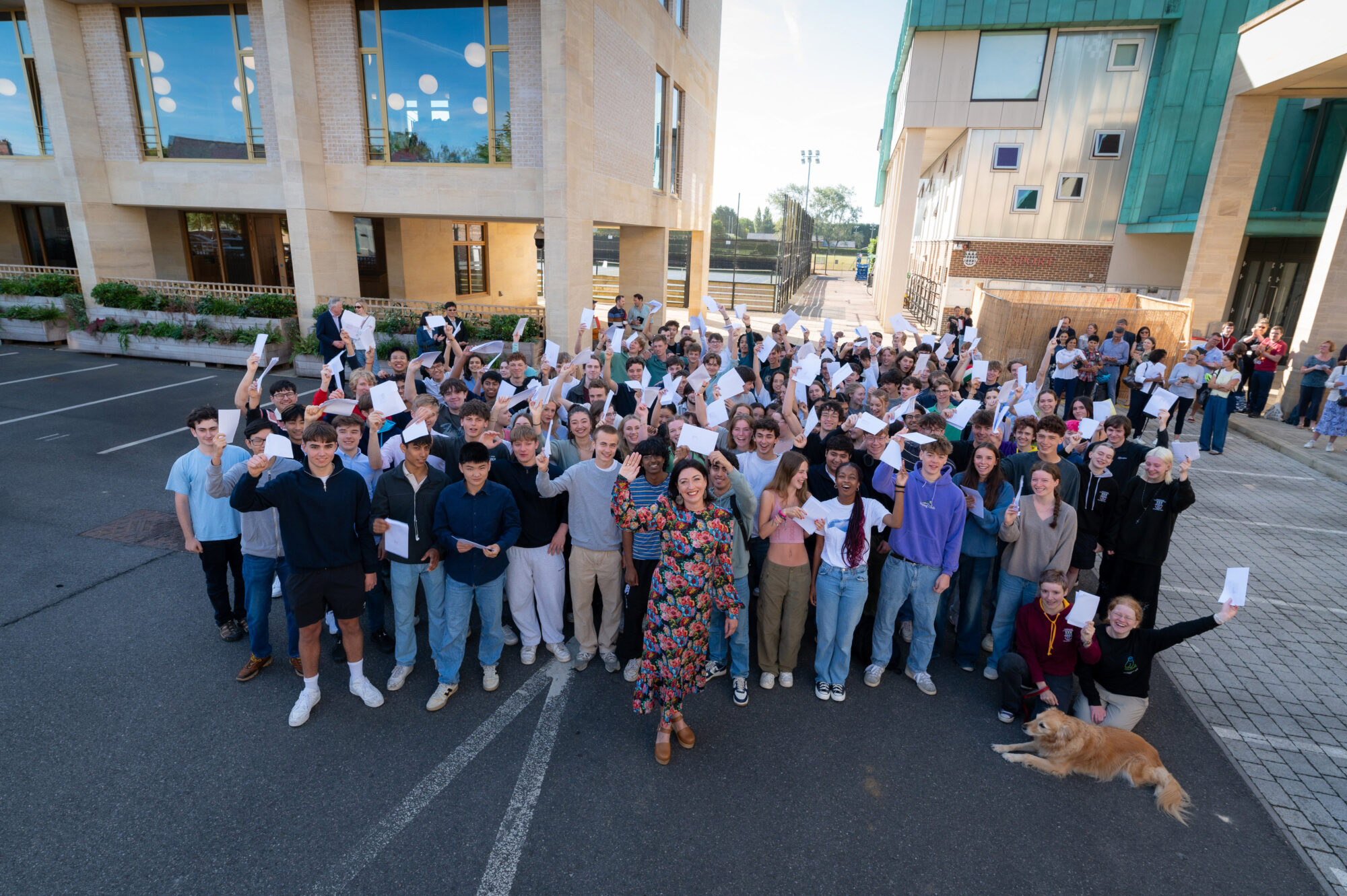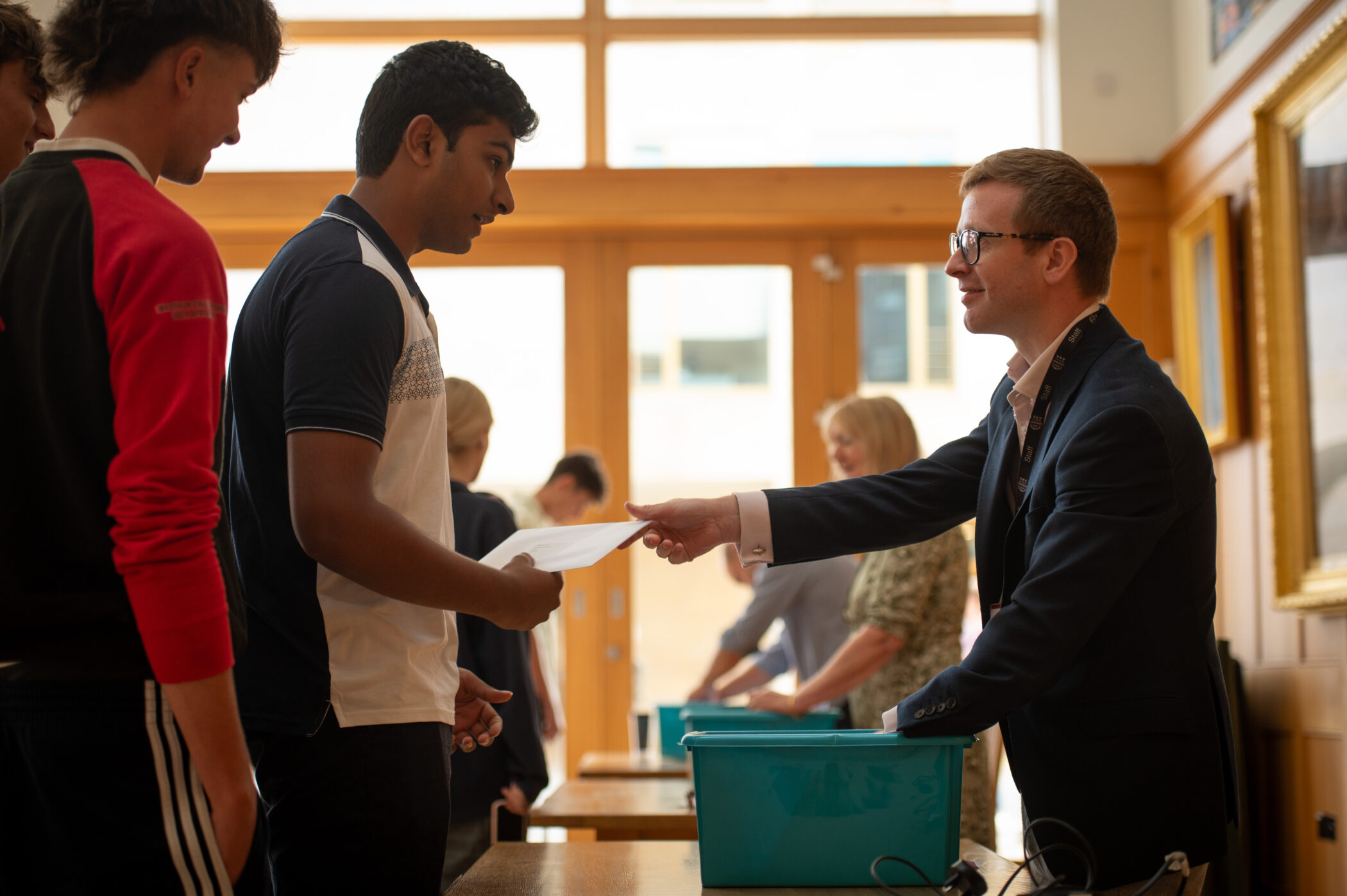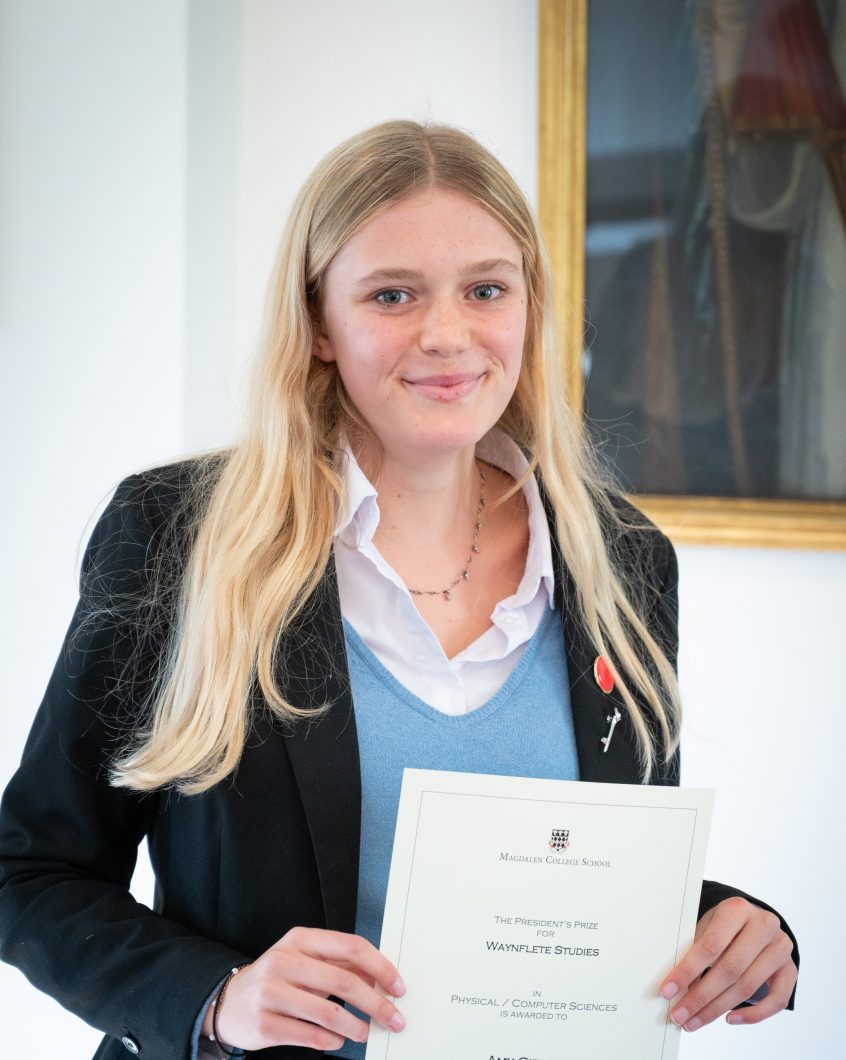
The Waynflete Studies Programme is our unique version of the extended project, in which every Lower Sixth former has the opportunity to research a topic of their choice, many under the guidance of an external university tutor.
The topics range from Cynic philosophy to the federalisation of Europe, and from cell autophagy to post-quantum cryptography. We are very grateful to our external tutors who give our pupils the chance to pursue a tremendous variety of subjects. We believe that the opportunity to research an academic subject with the guidance of an external tutor gives our pupils unparalleled insight into the nature of the subjects that they pursue and prepares them for university study.
Independent Learning
Central to the course – and to William Waynflete’s original vision – is pursuing knowledge for its own sake. The course aims to bridge the gap between school and university and supports our pupils’ university applications.
The Waynflete Programme teaches vital skills for producing a research-based, extended piece of work in response to an open-ended question. All project questions address genuine issues and are based on areas studied by professionals in the real world.
The President’s prizes for the best projects are chosen by a panel of Oxford University academics. The President of Magdalen College Dinah Rose QC, one of the Patrons of the Waynflete Programme, awards the prizes to the winners in a ceremony that takes place in Magdalen College.

The Process
The students can opt to work in one of the following faculties:
- Biological Sciences
- History and Politics
- Humanities and Social Sciences
- Languages and Classics
- Mathematics and Computing
- Physical Sciences
Alternatively, they can opt for the Enterprise or the Practical Science stream, in which they pursue more practical work under the direction of a business professional or in a lab guided by a university scientist.
Every student works with an MCS teacher to develop necessary research and writing skills. After an introductory programme of lectures and seminars they gradually draft their project in consultation with their University supervisor.
The year starts with an introductory programme of lectures that help the students to orientate in the diverse fields and methods of academia. We are fortunate to have the help of leading academics within these fields, many of whom come from the MCS parental body. Recent lectures have been given by:
- Professor Karen O’Brien, Head of Humanities, on Thinking Skills
- Professor Zhanfeng Cui, Institute of Biomedical Engineering, on Developing a rapid COVID test
- Dr Lucy Wooding, Langford Fellow and Tutor, on William Waynflete’s Legacy
"Once again, your students are bright and engaging. MCS students on this module tackle really challenging tasks, are admirably independent and really converse beyond their years."
Social Sciences Tutor
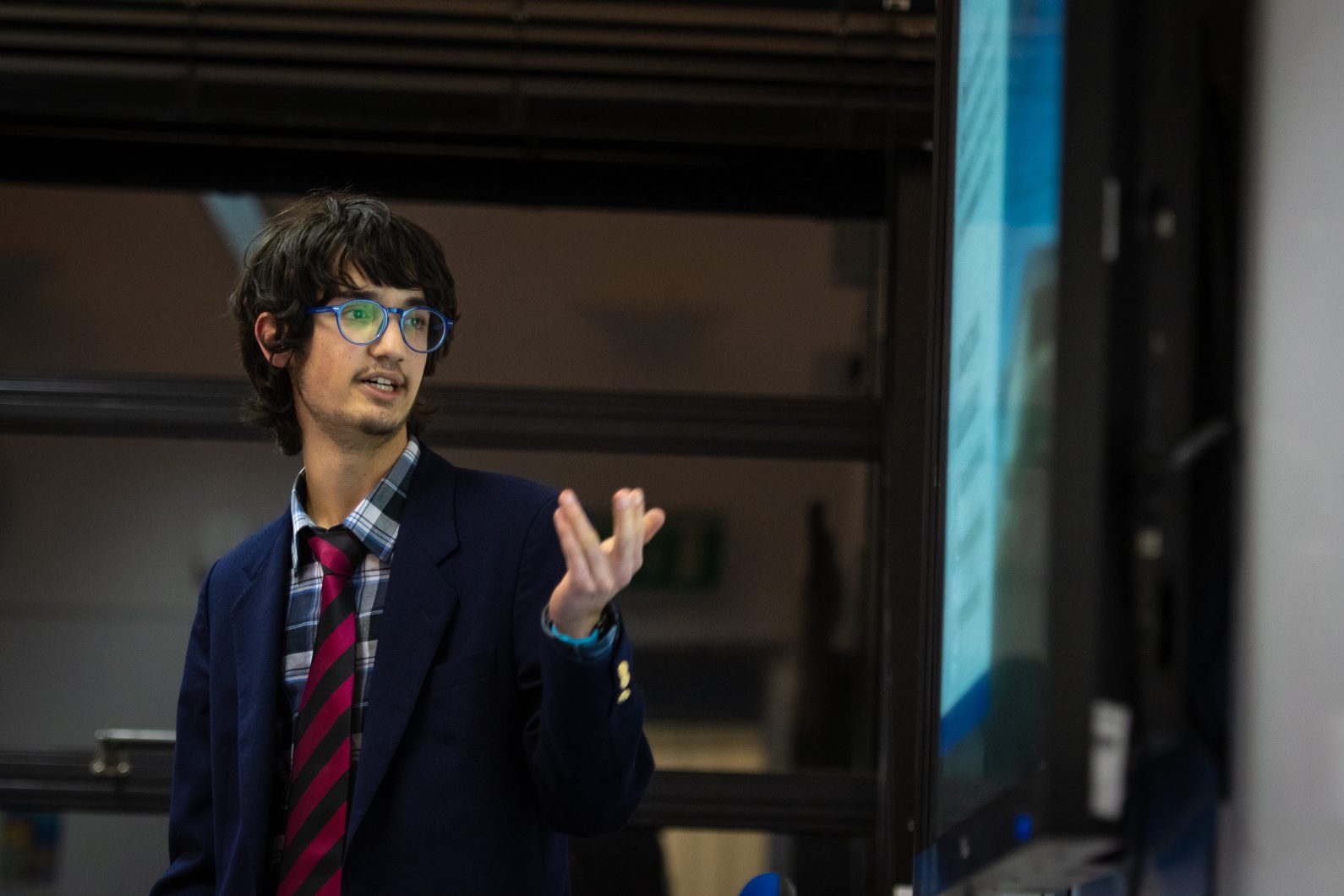
"I received world-class insights into a very specific field, as a Waynflete Prize winner, my application to study cell biology at university has been greatly bolstered.”
Freddie, Lower Sixth (prize-winner Biology)
Presentations
In one of the school year’s favourite events, students present some of their best projects to an invited audience of parents, external tutors and friends. For many it is their first experience of a professional research presentation in front of a highly qualified audience. The students find it a useful preparation for their university interviews.
The next Waynflete Presentations Evening takes place in January 2025. Details of the projects to be presented can be found below.
WAYNFLETE STUDIES EVENING – SUMMARIES OF PRESENTATIONS 2025
"I was very impressed by the interesting and ambitious topics that the pupils have chosen for their projects and really enjoyed our discussion."
English Tutor
How to make a start
If you are a student approaching Lower Sixth entry, the best way to choose a topic is to consider what academic interests you already have, perhaps relating to extracurricular clubs or activities that you do. Another option is to think of school subjects or individual topics that you have enjoyed studying recently and to ask your teachers about any books that you could read around them.
In the year leading up to the Waynflete project, we advise that you take every opportunity to deepen your academic enthusiasms, for example by attending relevant lectures, listening to podcasts or watching TV programmes related to your area of interest. When you go on holiday, take the opportunity to find out about the place that you visit: go to the local museum, read the guidebook, watch a film related to your destination.
When you join the Lower Sixth, you will receive plenty of guidance on how to choose between your different interests and how to refine it into a research topic.
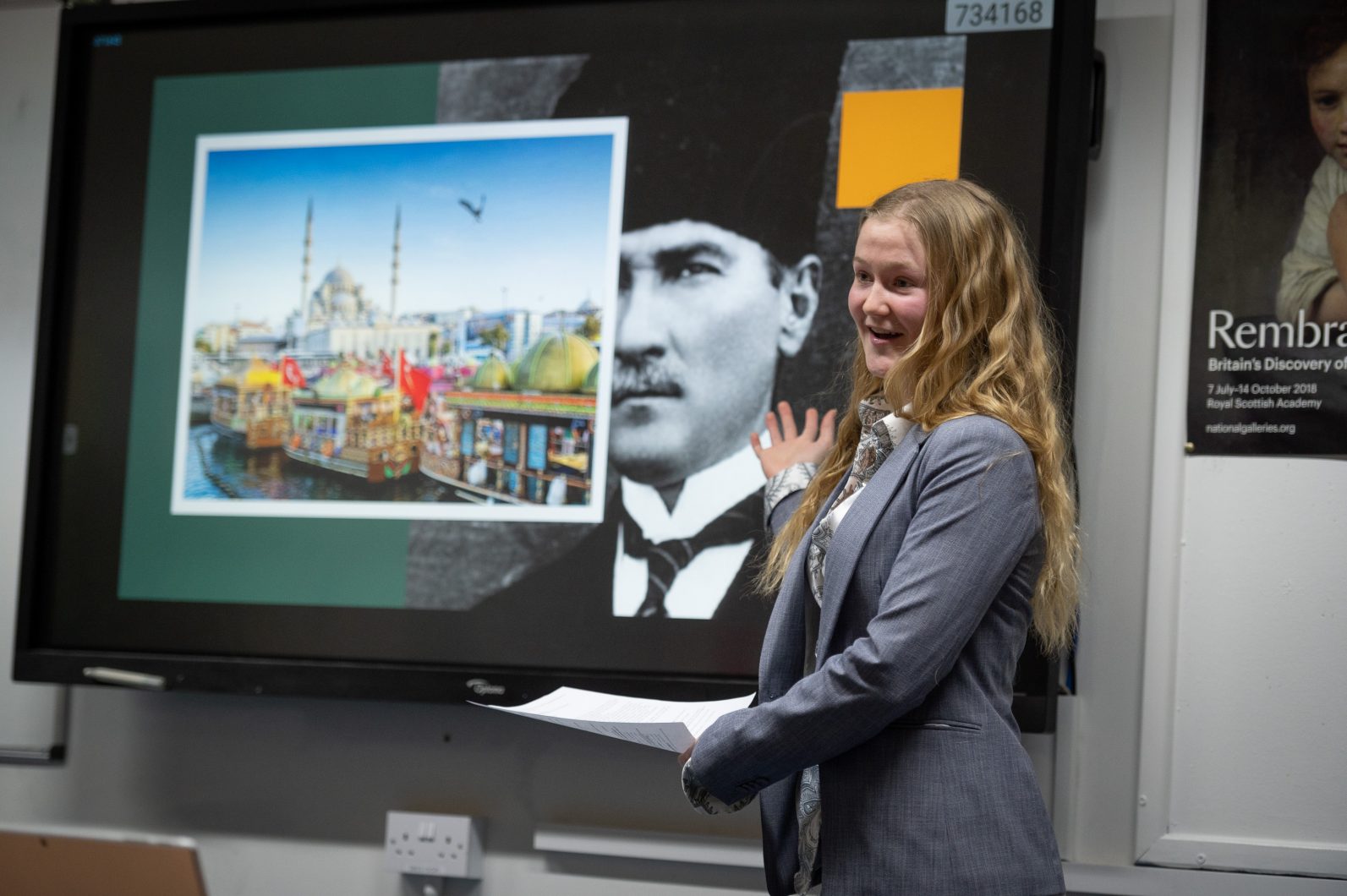
"My Waynflete Project quickly became one of the most enjoyable and rewarding experiences of my Lower Sixth year. It really helped me develop my critical style, and broadened my approach to texts."
Claire, Lower Sixth (prize-winner English)
 MCS ranks among the top independent secondary schools, and in 2024 was awarded Independent School of the Year for our contribution to social mobility.
MCS ranks among the top independent secondary schools, and in 2024 was awarded Independent School of the Year for our contribution to social mobility.

 28 of our pupils achieved 10 or more 8 or 9 grades in 2024.
28 of our pupils achieved 10 or more 8 or 9 grades in 2024.
 In 2023-24, MCS received over £448,000 in donated funds.
In 2023-24, MCS received over £448,000 in donated funds.